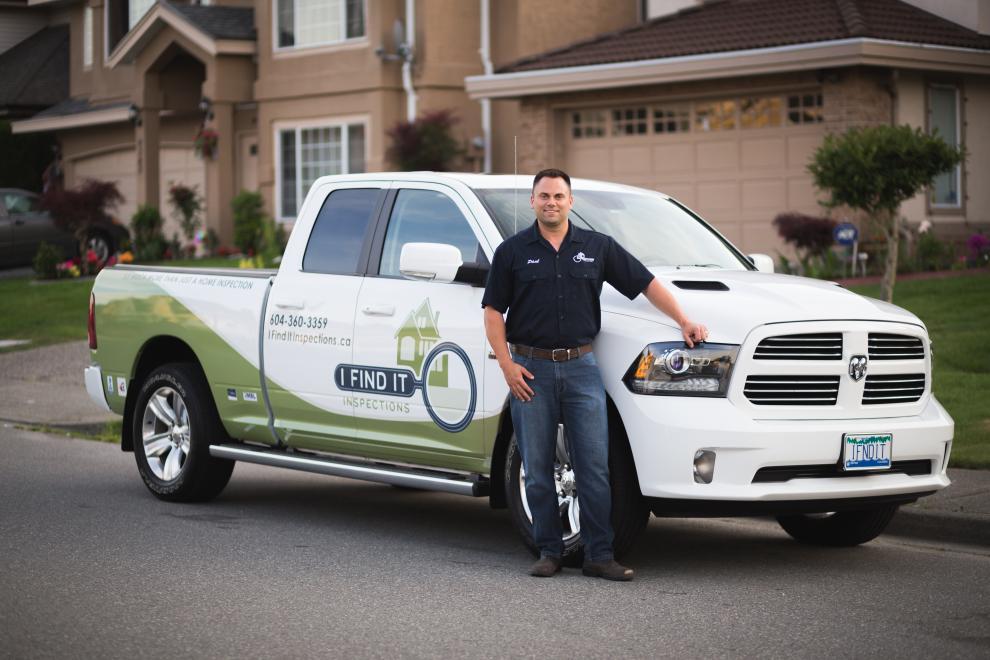2016
What To Expect During a Home Inspection

A home inspection is a visual inspection of a house. The inspector will look at systems that will cost you money to fix if they are failing. He or she will not investigate any aspects that they cannot see though, nor will they tell you how much they think the house is worth or comment on aesthetic elements.
At a minimum, your home inspector will provide a report on the following details:
- Mold and Damp. An inspector will identify areas that have mold or dampness, and will recommend how to fix the causes of any such problems. Inspectors take mold seriously since it is toxic and a sign of water leaks that could compromise walls and foundations and could attract insect infestations.
- Roof Condition. Roof repair can be very costly, so an inspector will check a roof’s soundness and estimate how long it might continue to serve in its present condition. The inspector will check whether chimney flues and gutters are watertight and working correctly.
- Plumbing. An inspector will test for water pressure, check drains, septic systems and appliances that use water.
- Appliances All appliances included in the sale will be inspected, particularly smoke detectors, CO2 detectors and cooling and heating systems.
- Foundation. Your home inspector will check for level, grounded floors and a sound foundation.
- Electrical Systems. The inspector will check the house’s general wiring, as well as checking for ground fault circuit interrupters, and the age and functionality of the electrical panel.
- Pests. Every location has it own potential problems with pests, such as rats, mice and termites. The expertise of an inspector may prove invaluable, particularly if he or she is local to the house.
In addition, inspectors will also check any attic, basement, or garage space, and assess the quality of insulation.
Your home inspection might last several hours and afterwards you will receive a written report of the condition of the home at the time of inspection. This will also let you know about the need for any major repairs. Note that it’s worth being present during an inspection, at least at the end, so that you can ask questions and so the inspector can advise you and put any problems into perspective for you.


